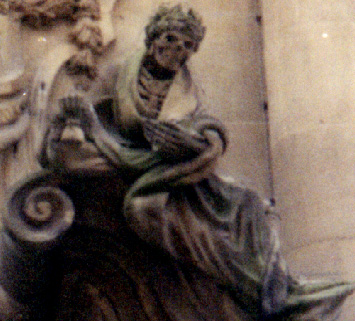
Pursell argues that:
"Warfare is one of the oldest of human crafts. Death that great harvester of lives, is depicted holding his weapon, a scythe, which is also a tool. 'The art of war' is a vastly older term than 'military science'. First the mechanization and then the automation of killing in our own time, however, have destabilized those ancient practices and rituals we call war, a transformation that has placed us all in great peril.
Britain in India; the unravelling of the Raj.
Amritsar the site of the Jallianwala Bagh Massacre, in northern Indian where, on April 13, 1919, over 1500 casualties occurred when British troops opened fire on civilians.
"First the mechanization and then the automation of killing in our own time, however, have destabilized those ancient practices and rituals we call war, a transformation that has placed us all in great peril."
In the aftermath; a young boy crossing the street in Hiroshima.
What does Carroll Pursell mean by this statement?
"Warfare is one of the oldest of human crafts.
Death that great harvester of lives, is depicted holding his weapon, a scythe, which is also a tool.
'The art of war' is a vastly older term than 'military science'.
First the mechanization and then the automation of killing in our own time, however, have destabilized those ancient practices and rituals we call war,
a transformation that has placed us all in great peril."
The Seige of Vienna in September 12, 1683, by the Ottomans allied with 15,000 Tartars.
Hiroshima in late August,1945.
"a transformation that has placed us all in great peril."